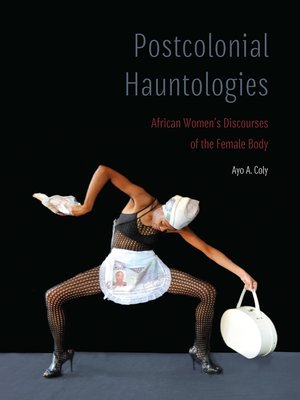Postcolonial Hauntologies
ebook ∣ African Women's Discourses of the Female Body · Expanding Frontiers: Interdisciplinary Approaches to Studies of Women, Gender, and Sexuality
By Ayo A. Coly

Sign up to save your library
With an OverDrive account, you can save your favorite libraries for at-a-glance information about availability. Find out more about OverDrive accounts.
Find this title in Libby, the library reading app by OverDrive.



Search for a digital library with this title
Title found at these libraries:
| Library Name | Distance |
|---|---|
| Loading... |
Postcolonial Hauntologies is an interdisciplinary and comparative analysis of critical, literary, visual, and performance texts by women from different parts of Africa. While contemporary critical thought and feminist theory have largely integrated the sexual female body into their disciplines, colonial representations of African women's sexuality "haunt" contemporary postcolonial African scholarship which—by maintaining a culture of avoidance about women's sexuality—generates a discursive conscription that ultimately holds the female body hostage. Ayo A. Coly employs the concept of "hauntology" and "ghostly matters" to formulate an explicative framework in which to examine postcolonial silences surrounding the African female body as well as a theoretical framework for discerning the elusive and cautious presences of female sexuality in the texts of African women.
In illuminating the pervasive silence about the sexual female body in postcolonial African scholarship, Postcolonial Hauntologies challenges hostile responses to critical and artistic voices that suggest the African female body represents sacred ideological-discursive ground on which one treads carefully, if at all. Coly demonstrates how "ghosts" from the colonial past are countered by discursive engagements with explicit representations of women's sexuality and bodies that emphasize African women's power and autonomy.
In illuminating the pervasive silence about the sexual female body in postcolonial African scholarship, Postcolonial Hauntologies challenges hostile responses to critical and artistic voices that suggest the African female body represents sacred ideological-discursive ground on which one treads carefully, if at all. Coly demonstrates how "ghosts" from the colonial past are countered by discursive engagements with explicit representations of women's sexuality and bodies that emphasize African women's power and autonomy.







